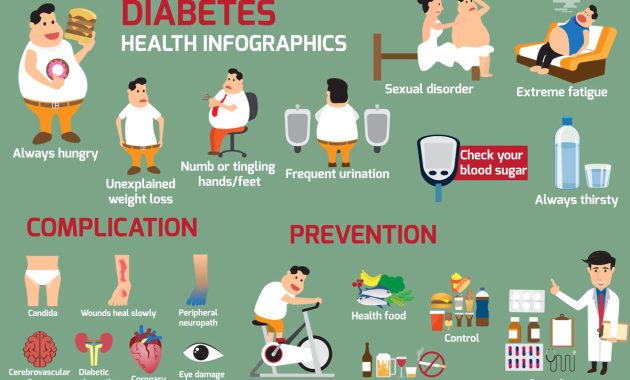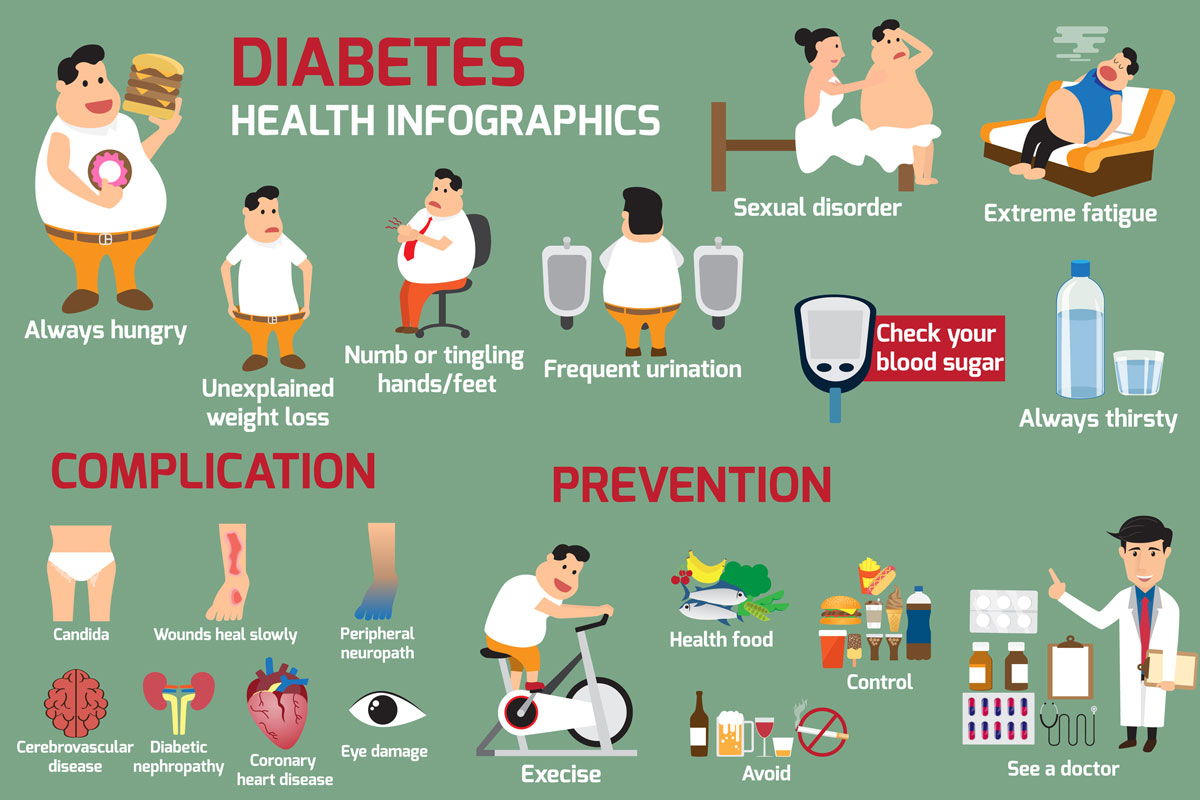
Navigating College Life with Diabetes: A Guide for Students
College. It’s a time of immense growth, exploration, and independence. For students managing diabetes, this exciting chapter also presents unique challenges. Juggling academics, social life, and self-care can feel overwhelming. This guide offers practical advice and insights for students with diabetes. It aims to help them thrive during their college years. This includes managing their health effectively and embracing the full college experience.
Understanding the Challenges
College life brings significant changes. These shifts can impact blood sugar levels. Irregular meal times, late-night study sessions, and increased stress are common. These factors can make diabetes management more complex. Furthermore, the social environment can present obstacles. Peer pressure regarding food choices and alcohol consumption is a consideration. Living in a dorm or sharing a house can also affect diabetes care. Limited access to healthy food options and the need for privacy for insulin injections become crucial.
Planning and Preparation: The Key to Success
Effective planning is essential for managing diabetes in college. Before moving to campus, students should take proactive steps. This involves gathering essential medical supplies. They should also develop a comprehensive diabetes management plan.
Medical Supplies and Resources
- Medication and Supplies: Ensure an adequate supply of insulin, glucose meters, test strips, and other necessary supplies. Obtain prescriptions and refill them before they run out. Consider having a backup plan in case of emergencies.
- Emergency Contacts: Compile a list of emergency contacts. This should include physicians, family members, and university health services. Share this information with roommates and close friends.
- Medical Documentation: Carry a medical ID card or bracelet. Keep a copy of your diabetes management plan and any relevant medical records. This is important in case of emergencies.
Developing a Diabetes Management Plan
A well-defined diabetes management plan is crucial. This plan should cover all aspects of diabetes care. This includes blood sugar monitoring, medication schedules, and dietary guidelines.
- Blood Sugar Monitoring: Establish a consistent blood sugar monitoring schedule. This helps to identify trends and adjust treatment as needed. Keep a log of blood sugar readings. Note any factors that might affect them.
- Medication Schedule: Follow the prescribed medication schedule carefully. Set reminders to take medications on time. Consider using a medication app to stay organized.
- Dietary Guidelines: Plan meals and snacks to maintain stable blood sugar levels. Pack healthy snacks to avoid unhealthy choices. Learn about carbohydrate counting and portion control.
- Exercise Routine: Incorporate regular physical activity into your routine. Exercise can improve insulin sensitivity and overall health. However, be aware of the potential for blood sugar fluctuations during and after exercise.
- Emergency Plan: Develop a plan for managing high or low blood sugar. Know the symptoms of both conditions. Have a plan for what to do in each situation. This should include access to glucagon and how to use it.
Nutrition and Meal Planning
Nutrition plays a vital role in managing diabetes. College students often face challenges in maintaining a balanced diet. Campus dining halls and limited cooking facilities can pose obstacles. However, with careful planning, students can make healthy food choices.
Navigating Campus Dining
- Explore Dining Options: Familiarize yourself with the dining options available on campus. Identify healthy choices. Look for options that offer nutritional information.
- Plan Your Meals: Plan your meals in advance. This helps ensure you make healthy choices. Consider packing your own snacks and meals.
- Portion Control: Be mindful of portion sizes. Use smaller plates and bowls to control your intake.
- Read Food Labels: Pay attention to food labels. Look for information on carbohydrates, sugars, and fats.
Healthy Snack Ideas
Snacking is essential for managing blood sugar levels. Choose snacks that are low in carbohydrates and high in fiber and protein.
- Nuts and Seeds: Almonds, walnuts, and chia seeds.
- Fruits: Berries, apples, and oranges.
- Vegetables: Carrots, celery, and bell peppers.
- Yogurt: Greek yogurt with a small amount of fruit.
- Hard-boiled eggs: A convenient and protein-rich snack.
Exercise and Physical Activity
Regular physical activity is beneficial for people with diabetes. Exercise improves insulin sensitivity. It also helps control blood sugar levels. Students should find activities they enjoy and incorporate them into their routine.
Choosing the Right Activities
Select activities that are enjoyable and sustainable. Consider the impact on blood sugar levels.
- Cardiovascular Exercise: Walking, running, swimming, and cycling.
- Strength Training: Weightlifting or resistance training.
- Team Sports: Basketball, soccer, and volleyball.
Monitoring Blood Sugar During Exercise
Monitor blood sugar levels before, during, and after exercise. This helps to understand how exercise affects blood sugar.
- Before Exercise: Check blood sugar levels before starting exercise. Adjust insulin or eat a snack if needed.
- During Exercise: Monitor blood sugar levels periodically. Consume carbohydrates if blood sugar drops too low.
- After Exercise: Check blood sugar levels after exercise. Adjust insulin or eat a snack if needed.
Managing Stress and Mental Health
College life can be stressful. Stress can impact blood sugar levels. It is essential to manage stress and prioritize mental health. This is key for overall well-being.
Stress Management Techniques
- Mindfulness and Meditation: Practice mindfulness or meditation to reduce stress.
- Deep Breathing Exercises: Perform deep breathing exercises to calm the mind and body.
- Yoga and Tai Chi: Participate in yoga or tai chi to reduce stress and improve flexibility.
- Time Management: Develop effective time management skills to reduce stress related to academics.
Seeking Support
Don’t hesitate to seek support when needed. There are resources available on campus and in the community.
- Counseling Services: Utilize the university’s counseling services for mental health support.
- Support Groups: Join a diabetes support group to connect with others.
- Friends and Family: Lean on friends and family for emotional support.
- Healthcare Professionals: Consult with healthcare professionals. This includes doctors, endocrinologists, and diabetes educators.
Social Considerations and Peer Influence
College is a social environment. Peer pressure can influence food choices and alcohol consumption. Students with diabetes should navigate these situations carefully. This is crucial for maintaining their health.
Alcohol Consumption
Alcohol can affect blood sugar levels. Be cautious when consuming alcohol. Moderation is key.
- Moderate Consumption: Limit alcohol intake to one or two drinks.
- Eat Before Drinking: Eat a meal or snack before drinking alcohol.
- Monitor Blood Sugar: Monitor blood sugar levels regularly when drinking alcohol.
- Choose Drinks Wisely: Opt for drinks with low sugar content.
Peer Pressure and Social Situations
Navigate social situations assertively. Prioritize your health. Communicate your needs to your friends.
- Communicate Your Needs: Explain your diabetes management needs to your friends.
- Make Healthy Choices: Choose healthy food and drink options.
- Plan Ahead: Plan for meals and snacks when attending social events.
- Don’t Be Afraid to Say No: Politely decline unhealthy food or drink options.
Staying Organized and Seeking Help
Organization and seeking help are essential. College students with diabetes should stay organized. They should also have access to resources and support.
Utilizing Campus Resources
Take advantage of campus resources. These resources can provide support and guidance.
- Health Services: Visit the university health services for medical care.
- Counseling Services: Access counseling services for mental health support.
- Disability Services: Contact the disability services office for accommodations.
- Student Health Insurance: Understand your student health insurance coverage.
Staying Organized
Organization is key to effective diabetes management in college. Use these tips to stay organized.
- Use a Planner: Use a planner to schedule appointments.
- Set Reminders: Set reminders for medication, blood sugar checks, and meals.
- Keep Supplies Organized: Keep all diabetes supplies organized and easily accessible.
- Track Your Progress: Track blood sugar levels, food intake, and exercise.
Conclusion: Embracing College Life with Confidence
Managing diabetes in college requires commitment and planning. Students can thrive by taking proactive steps. They can effectively manage their health. They can embrace the full college experience. By prioritizing their health, seeking support, and staying organized, students with diabetes can achieve academic success. They can also enjoy a fulfilling social life. Remember, diabetes does not have to define your college journey. It is possible to live a healthy and fulfilling life. Embrace the challenges and celebrate your successes. College life with diabetes is absolutely manageable. You can do this.
[See also: Related Article Titles]

